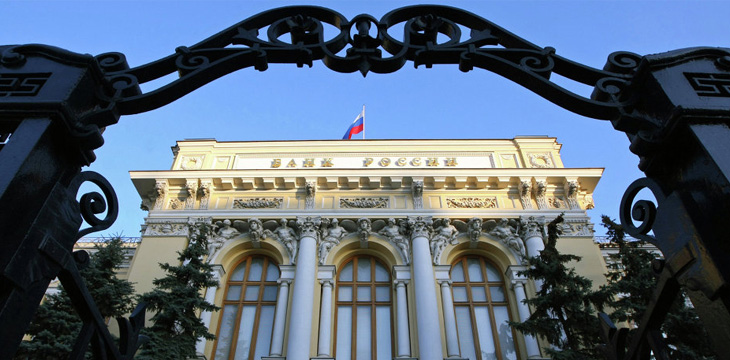|
Getting your Trinity Audio player ready...
|
The central bank says future growth and mass adoption will change this stability, with the volatility of crypto assets making them severely unreliable.
Russia has always been a fan of blockchain and has been very welcoming of cryptocurrencies and the activities associated with it. But recently, the government has decided to put their foot down and has been reviewing drafts for regulation to cover the wild industry. Earlier this month, the state of Duma approved the first reading of new laws for the cryptocurrency industry drafted by the Finance Ministry, which states that cryptocurrencies and tokens are properties, not legal tender.
“These specifications determine that both cryptocurrency and tokens constitute property, identifying key differences between cryptocurrency and tokens on the basis that there is a single issuer (for tokens) or a variety of issuers/ miners (for cryptocurrency), as well as emission goals,” the bill states. The bill was approved by 410 deputies, with only one voting against it, and is set to be finalized by July 1.
And now, the central bank has released a report saying that they do not see crypto assets as a risk to global financial stability, given the fact that transactions are low and insignificant in comparison to the global financial system’s volume—for now. The report acknowledges that massive growth in the future will change this situation, pointing to crypto volatility as a major concern that makes them unreliable.
In the report, the central bank begins to address some risks, listing money laundering, terrorism financing, as well as protection of investors.
Despite Russian president Vladimir Putin’s full-on enthusiasm about blockchain technology, the nation’s relationships with cryptocurrency companies have not been without friction. Last month, they cornered Telegram into choosing between allowing access to encrypted messages of users, citing security and counter-terrorism as a reason, or shutting down. This led to Telegram’s exit from the territory.
Additionally, a study has revealed that with half of funds raised through ICO’s in Russia went to pyramid scams, worth around $300 million.
Given the large amount of funds being lost to malicious activity, some welcome the government’s move to tame the space. Anti Danilevski, CEO of blockchain-based crypto fundraising platform KickICO, says the introduction of the bill is good news.
“The purpose of these bills is to define the scope of action and of the regulations of cryptocurrencies, not their prohibition, and this is good news for Russia,” Danilevski says.

 02-13-2026
02-13-2026 




